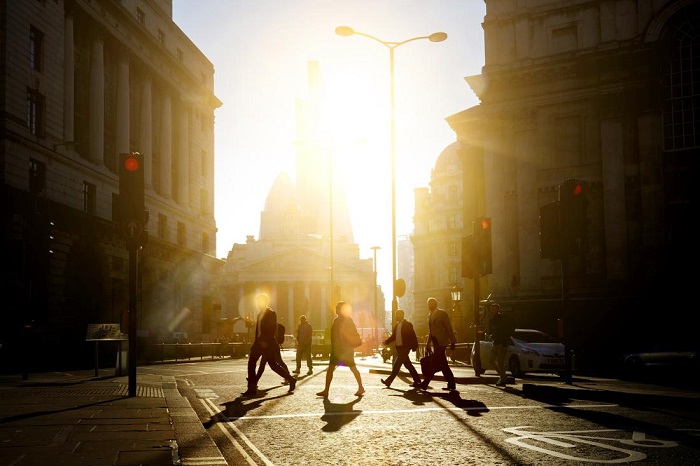But a new study out of Canada has not found any association between temperature or latitude and the spread of the virus.
These are just initial results on this important question, but the findings do throw cold water on the idea that summer will naturally make this pandemic fizzle out.
"We had conducted a preliminary study that suggested both latitude and temperature could play a role," says University of Toronto health policy researcher Peter Jüni.
"But when we repeated the study under much more rigorous conditions, we got the opposite result."
Gathering data from 144 geopolitical areas that had seen at least 10 cases of COVID-19 (at a state/territory/province level for Australia, the US and Canada, and country level elsewhere), the team compared their total case count on 27 March to a week earlier, 20 March.
They excluded countries that had already hit a full disease outbreak, such as China, Italy and Iran.
The researchers also looked back at the previous 14 days - the exposure period - and investigated the temperature, latitude and humidity, as well as school closures, restrictions on mass gatherings and social or physical distancing in those regions during that time.
"Epidemic growth of COVID-19 was not associated with latitude and temperature, but may be [negatively] associated weakly with relative or absolute humidity," the team writes.
"Conversely, public health interventions were strongly associated with reduced epidemic growth."
They found that restrictions of mass gatherings, school closures and social distancing all had strong associations with lower epidemic growth.
And that's all the more vital when weather and temperature seem to not play much of a role in the pandemic.
"Summer is not going to make this go away," says Dalla Lana School of Public Health epidemiologist Dionne Gesink. "It's important people know that."
"On the other hand, the more public health interventions an area had in place, the bigger the impact on slowing the epidemic growth. These public health interventions are really important because they're the only thing working right now to slow the epidemic," she added.
That doesn't mean winter doesn't play a role at all. The Director of the Centres for Disease Control and Prevention Robert Redfield has spoken before about the increased burden on the healthcare system if a regular winter flu season combines with COVID-19.
So, for those going into Southern Hemisphere winter, it's a great reminder to get your flu shot, and to stay vigilant and closely follow the local restrictions. It's not over yet.
The researchers noted they weren't able to control for all variables; for example, they couldn't account for how differences in testing practices influenced their calculation, or quantify the levels of compliance with social distancing – but the study still provides valuable knowledge as we tackle the pandemic.
"Our study provides important new evidence, using global data from the COVID-19 epidemic, that these public health interventions have reduced epidemic growth," says Jüni.
"Our results are of immediate relevance as many countries, and some Canadian provinces and territories, are considering easing or removing some of these public health interventions."
The research has been published in the Canadian Medical Association Journal.
















































